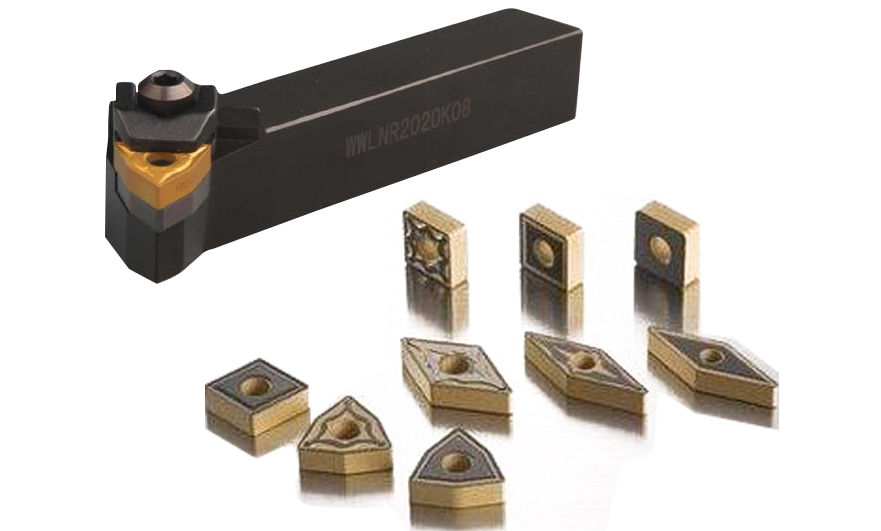15 years one-stop China custom CNC machining parts factory

Hey there I’m VMT Sam!
With 25 years of CNC machining experience we are committed to helping clients overcome 10000 complex part-processing challenges all to contribute to a better life through intelligent manufacturing. Contact us now
 188 |
Published by VMT at Dec 13 2021
188 |
Published by VMT at Dec 13 2021
As we all know, cemented carbide is an alloy material formed by combining refractory metal and metal through powder metallurgy. An alloy composed of one or more carbides and a cemented metal drill bit is often called a cemented carbide. With the advancement of science and technology and the development of production, many cemented carbide parts need to be processed by precision numerical control, which puts forward higher requirements for tolerance dimensions and surface roughness. Precision CNC machining parts factory and cemented carbide are inseparable.
Cutting is a kind of precision CNC machining of cemented carbide. Cutting is one of the common methods for cutting cemented carbide bars, plates and wires. For grooving or cutting below 1mm, ultra-thin diamond blades are usually used for processing.
Diamond resin-based cutting blade. The outer ring is a resin bonded abrasive working layer. The center part is made of high-strength and high-hardness metal materials. It is mainly used for grooving and cutting of medium and large cutting depths.
CNC turning is the most commonly used machining method in precision CNC machining of cemented carbide. In the process of turning cemented carbide parts, the hardness of the tool itself must be higher than the hardness of the workpiece to be machined. Therefore, the current CNC machining tool materials for turning cemented carbide parts are mainly high-hardness, high-heat-resistant non-metallic bonding agents CBN and PCD.
Cemented carbide (tungsten carbide) tools and customized precision CNC machining parts. This super-hard material is usually used in metal molds, cutting machines, industrial machinery, cutting tools, armor piercing wheels, other tools and instruments.

Generally speaking, the processing hardness exceeds 56 HRC, or the strength exceeds RM>2000 N/mm~2 for steel materials for hard processing. In most cases, the die or forging die is carburized or quenched after pre-processing. After precision CNC machining, a certain amount of finishing allowance must be reserved. Hard milling is particularly important when machining spherical or toroidal precision CNC machining parts.
The hardness of hard milled materials can reach 70 HRC, and the required surface roughness is usually only achieved by manual polishing, which is a very expensive processing step. In order to reduce the time required for manual polishing, cutting edges with a certain geometric shape must be used in the CNC milling process. For example, in HSC processing, the roughness of the surface is similar to that of the polished surface: RZ1 has the highest surface quality.
Cemented carbide precision CNC machining method:
Because of its extremely high hardness, tungsten carbide cannot be processed by traditional processing techniques such as turning, milling or drilling. Even tungsten carbide can be processed with special tools such as PCD cutters, CNB cutters and ceramic cutters, but these cutters can easily lose their sharpness. So we tend to process diamond tools or machine tungsten carbide through EDM, micro EDM or ultra-precision wire cutting.
application:
Cemented carbide has high hardness, high strength, high wear resistance and corrosion resistance. It is called "industrial tooth" and is used to manufacture cutting tools, cobalt and wear-resistant precision CNC machining parts. Some key areas where cemented carbide parts are used:
1. Military
2. Aviation
3. Machinery
4. Metallurgy
5. Oil drilling
6. Mining tools
7. Electronic communication
8. Construction and other fields
Ready To Start Your Next Project?
Get Instant Quote

Request a Free Quote
Send us a message if you have any questions or request a quote. We will get back to you ASAP!